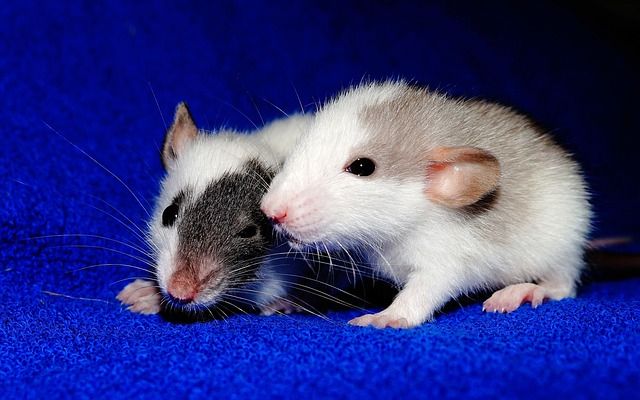There are quite a few rat foods out there these days to tempt the rat keeper – and many of them are easy to buy, easy on the wallet and easy to feed. However, does that make them the best rat food to feed your little ones?
Well, the answer is complicated.
Just as with humans, healthy foods can be fed in the wrong way and seemingly unhealthy foods can actually work out to be good in the long run – you just need to understand how food works and how what you do can affect that.
You also need to be aware of when your rats health can affect the nutrients it gets – even though you are feeding it the same food it has always had and it appears as though nothing has changed – your rat can still become ill or get unwanted symptoms or health issues.
Nutrition is not just about food – it is a holistic thing.
What you eat and when you eat it – as well as in what order you eat it – can change the way the body uses it. Single nutrients that are good for rat health can’t be extracted from the whole food and be expected to work the same – and foods that are raw and those that are cooked both offer very different things – like image below – don’t feed raw sweet potatoes…
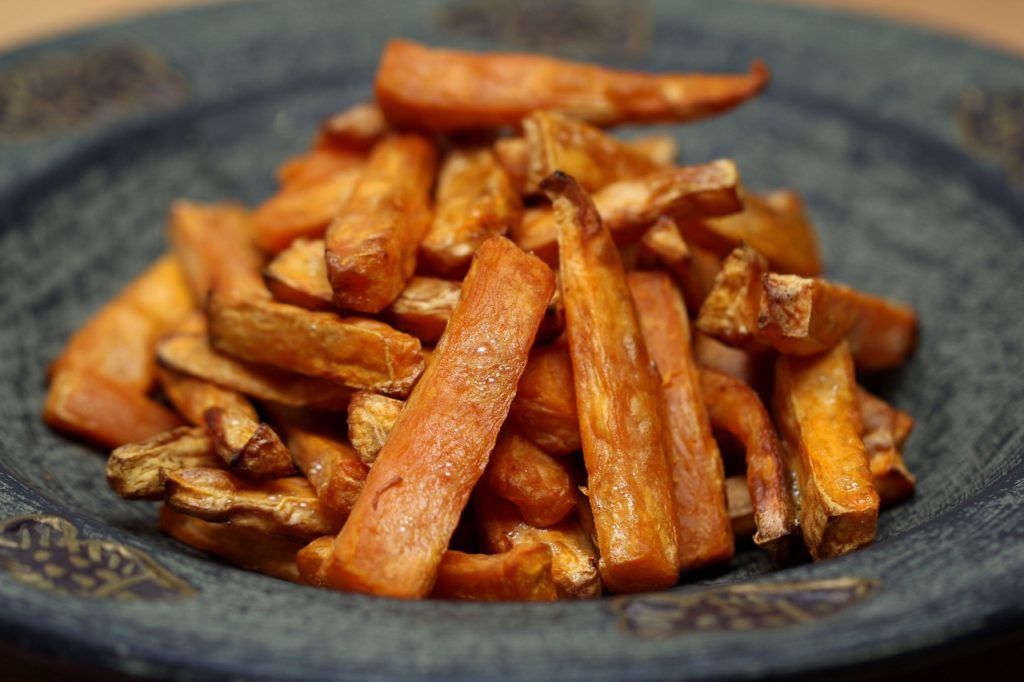
So, What Can Affect A Good Rat Diet?
Anything going on inside your rats health-wise, their energy levels, their life stage, how relaxed they are, their enclosure, their rat-mates and even their ambient temperature can all affect how their body receives and processes nutrients.
There is no ‘one size fits all’ when it comes to rat nutrition.
Here are just a few of the reasons why changing to a different food or a ‘better’ mix recommended to you by another rat keeper locally (or on the other side of the world) may or may not suit your clan in the same way.
Will they eat it all – What Is In Your Rat Food?
This is mainly about palatability but includes so much more.
Just like humans, rats can have a preference for certain tastes, smells and textures, and so you could offer them the most nutritious food you could find – but if they won’t eat it? Thinks of kids and brussel sprouts right here.
If the food is perfect but none of it goes in the mouth – this isn’t the best rat food for you.
In addition to this – how your rats are fed in the first place can affect the nutritional value of a food.
For example – there is only so much space in a rats tummy in, say, a 24 hour period, so if you put down their food as usual, and they aren’t too bothered by regular food as they have a new hammock to play in, they might leave it for a while. Maybe have a snooze to break the new fleece in – and then bingo – in you come with a juicy piece of cucumber and some strawberry yoghurt!
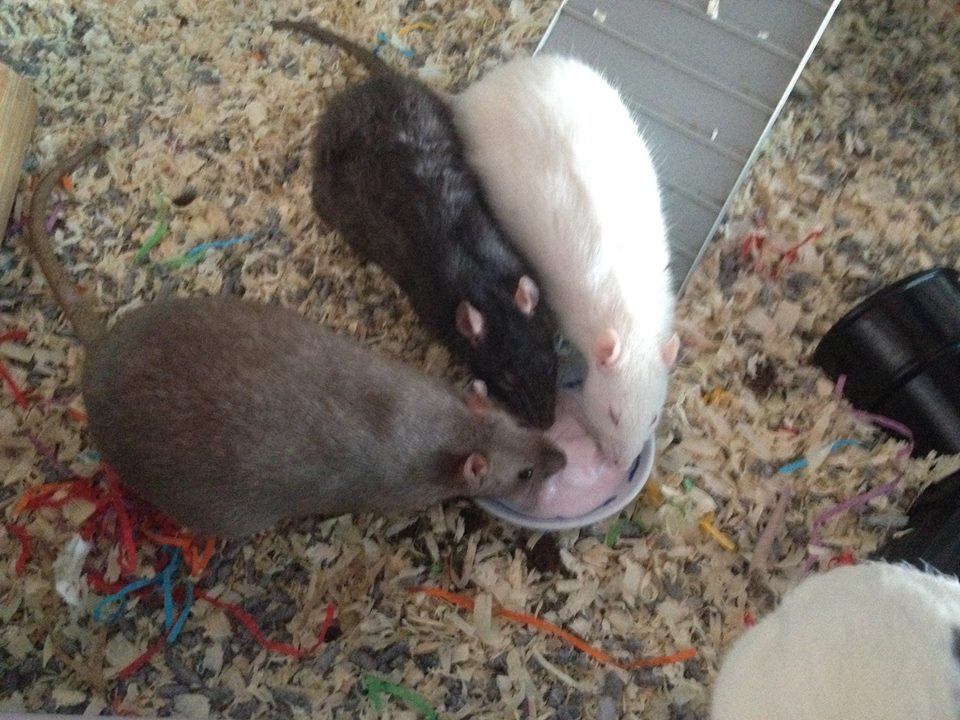
In goes the yummy treat until no more will fit, and then they are full. Time to sleep it off.
Now, the nutrient content of all that cucumber is virtually nothing – yet for the next few hours or so they won’t be hungry so they are not going to eat any of their nutritious food – no matter how pretty your little ceramic bowl is.
And every time you offer a treat throughout the day – you are putting off their desire to eat their actual food.
So in a single day, they might only eat half the ‘proper’ food they were supposed to eat – the rest of the day they ate less than desirable amounts of nutrients.
In a day of course, this won’t matter too much – but over the months and the years – all these treats are actually reducing their ability to get enough of all the nutrients they need – even though the food you are feeding has them all in it.
So pick your treats and times wisely.
Can They Digest It – How Nutritious Is Your Rat Food?
Have you ever heard of the phrase ‘secondary deficiency’.
Well, a primary deficiency is when you don’t eat enough of something in the first place – for example you stop eating foods containing selenium. A secondary deficiency is different.
It is where an animal is eating nutritious foods, but something is stopping them from being digested properly or used effectively by the body in the role they are supposed to be doing.
For example, if you ate the perfect meal, but your body recognised it as ‘wrong’ – your gut just shuts down, totally. Everything in it is rejected by the body and it all just passes straight through in a terrible watery state (the squits) and you absorb none of it.
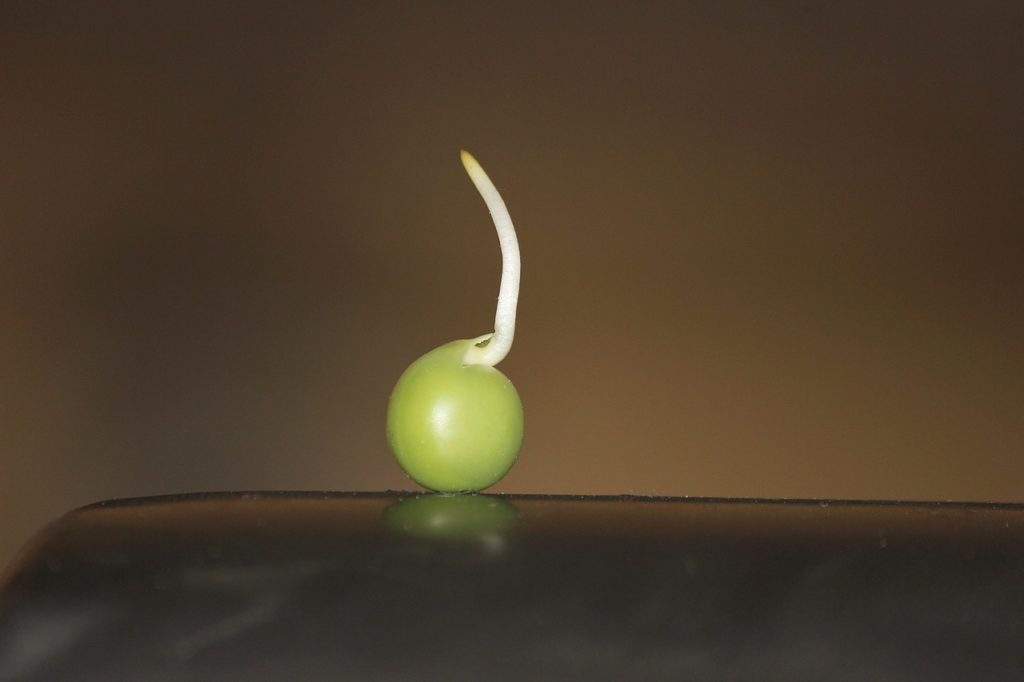
Many other medical conditions can cause a lack of absorption in the gut too (but without the squits) as can ingesting the wrong things together (like humans drinking alcohol with their B Vitamins where all the B vitamins never make it into the body) or by eating things with anti-nutrients in them (like raw sweet potatoes).
Take phytic acid as an example of an anti-nutrient, which is found in raw nuts and legumes. It binds with calcium and magnesium, iron and zinc from your food in your gut and flushes them straight out of your system so they can’t be used by the body at all.
True for both humans and rats unfortunately, but fortunately, by sprouting, soaking or cooking them – your minerals can safely be digested…
Another example of a secondary deficiency would be where your rat had kidney disease – all too common in the fancy. Failing kidneys will not be able to filter out the waste materials correctly from the blood and so your rat may well pass out all sorts of water-soluble vitamins and other nutrients in the urine instead of returning them to the body to be used. A serious concern.
Dietary requirements need to be carefully controlled to avoid mismatched foods from being eaten together; to increase the amounts of nutrients entering to body in the hope that more are retained; or, to change the way that a specific nutrient is absorbed into the body (i.e with chelated minerals or simply cooking things).
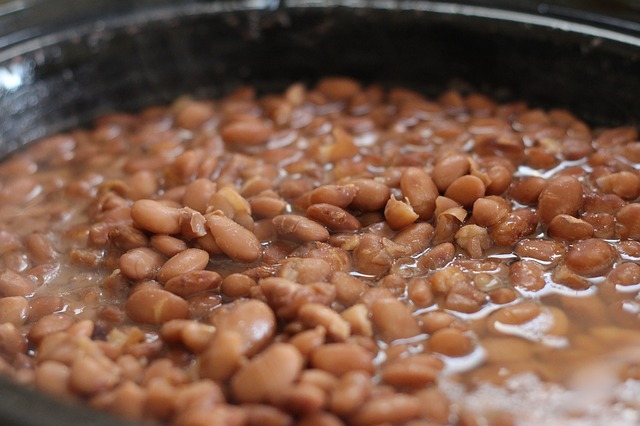
All simple to write about – but always relying on you knowing there is something wrong in the first place.
Is The Rat Food Even Full Of Nutrients To Begin With?
Just because food looks like food – it doesn’t mean it contains what it should. You must have heard of best before dates and use by dates, right?
Well, use by dates tell you the date after which something isn’t safe to eat, but the best before dates are just that – it is best if you eat it before this date, BUT only if stored correctly in the first place. Food that has got too hot or too cold, food that has been oxidised or is over-ripe or damaged or contaminated all don’t fit the criteria of ‘best before’. However, you can’t always tell just by looking.
By offering your rat food that hasn’t been kept sealed in an air-tight container; kept away from contaminants, kept in a cool dry place, or otherwise kept fresh at all will not offer your rat all the nutrients you would imagine should be in it. Just like feeding food that is passed its best before date. It won’t hurt them necessarily, it just won’t be what their bodies were expecting.
Just in the same way that apple flesh goes brown when exposed to fresh air – other foods ‘go off’ too – but many of these are invisible. (You can eat browned apples of course – but the process of browning is the visual acknowledgement of the phenols (organic compounds beneficial to health) breaking down and becoming useable by the body.
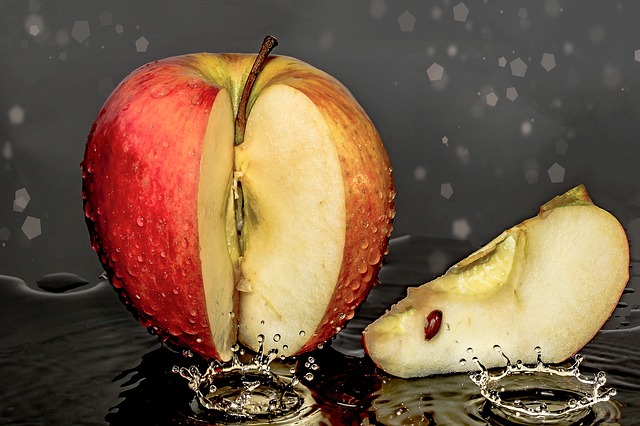
Once you pick any fruit or vegetable it starts to lose its nutrients, or the key nutrients start to change structurally.
Oils in seeds that get too hot can spoil and change form, although nuts – if kept cool and dry should stay fairly stable. Contaminated food can contain microorganisms that can affect the food in many different ways – often making it less digestible. This list goes on.
So, you can imagine where this is going.
Basically, if you want to offer your rats the best food you can (either commercial or homemade) avoid feeding your rats food that is from a less than perfect environment.
Steer clear of foods from sunny shop windows, open feed bins, in torn or shoddily repaired packaging, in sweaty bags, or off of outdoor market tables (even though it is most likely cheaper due to the imperfect way it has been stored). Also avoid those that are short-dated and those bulk-buy items that are not ‘human grade’.
If you are going to the effort of aiming to feed your rats the best you can for them as individuals – watch them, listen to them and react to them – don’t just feed your rats ‘a rat food’ because it looks like a ‘rat food’.
Think about it first. Do some research. Listen to some experts.
Make sure you enjoy them to the full; they aren’t here long…
